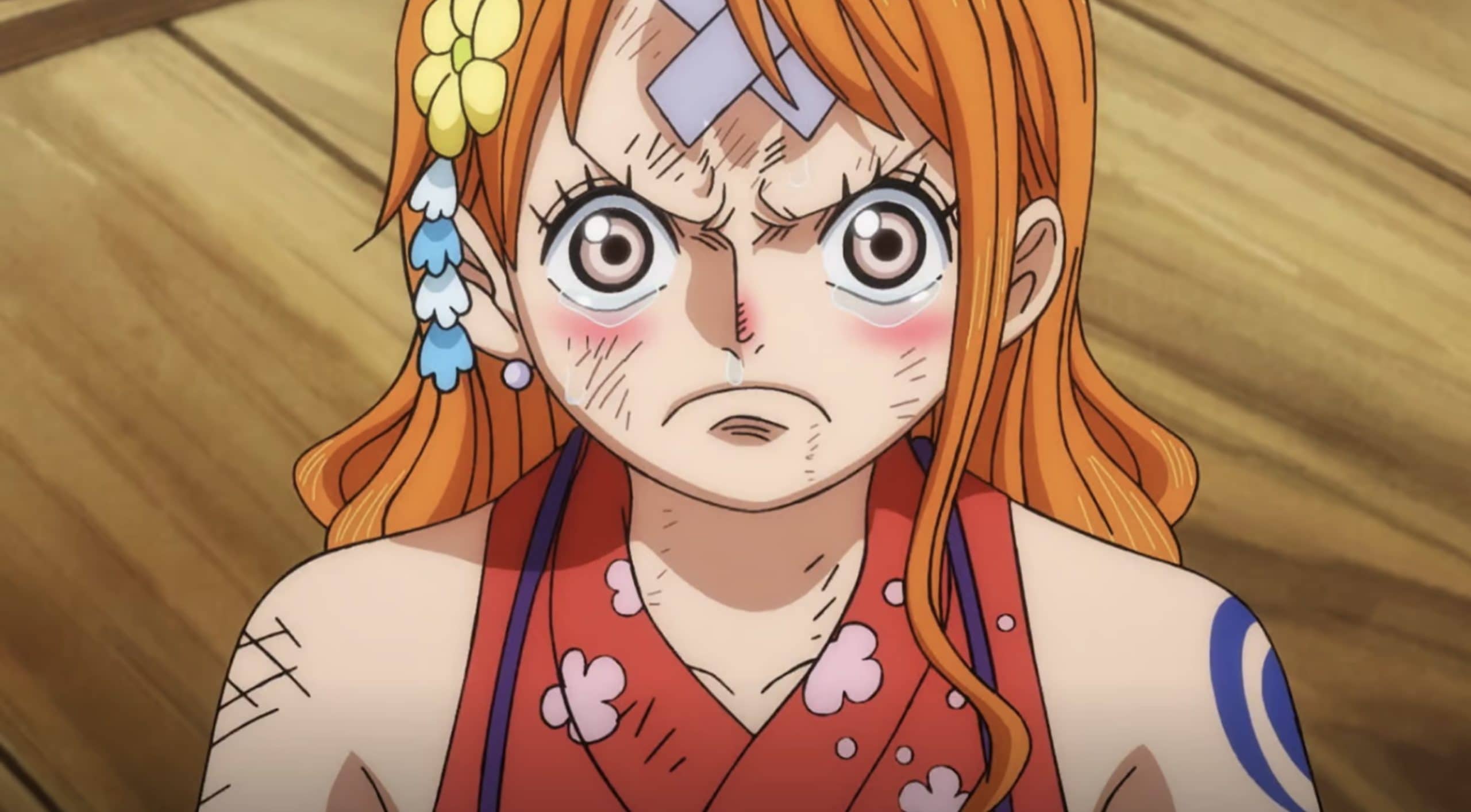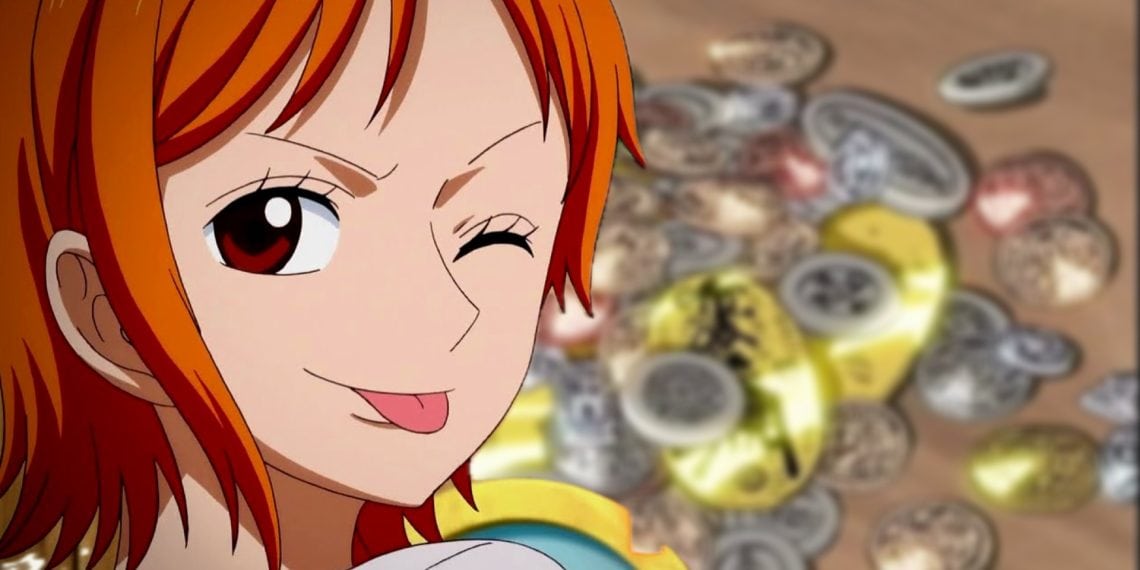Greg Werner is a veteran translator in the anime and manga industry, having worked on high-profile series like Monster Hunter, Manga Theater, and Dragon Quest since the early 2000s. However, his passion for translation originated from his love of One Piece, the popular manga and anime franchise.
Recently, Werner made comments on social media platform X about an ongoing debate amongst One Piece fans regarding translation choices. Given his expertise, his perspective carries weight, yet it has also faced some pushback.
I forgot to bring this up around the release of OPLA but you can be double-certain that the canon English name for currency in OP is supposed to be Berry/Berries in English. Sorry Belli and Belly fans.
— Greg (@ochimusha108) January 16, 2024
Specifically, Werner was serving as a content advisor for the upcoming Netflix live-action adaptation of One Piece. In an interview with podcaster Danny with Love, he emphasized the importance of contextualizing translations appropriately rather than directly converting words. He stated that as someone highly familiar with the intricacies of translating Japanese to English in this medium, contextualization is key.

His social media post expanded on this issue of translation choices and their impact on understanding the original meaning. As expected, many fans praised his insider knowledge, yet others argued against his stance.
This reflects the broader debate amongst the One Piece fandom regarding official translation decisions and how they should properly balance accuracy and interpretation.

While Werner’s veteran status commands respect, even renowned experts face dissent when addressing a contentious topic amongst a devoted fanbase. His recent statement has reignited this debate within the community.
One Piece’s Currency Debate Addressed by Netflix’s Greg Werner
Greg Werner decided to address one of the most divisive translation debates amongst One Piece fans directly by making a post on social media platform X. He likely felt compelled to provide clarity due to his involvement with Netflix’s upcoming One Piece live-action adaptation.

Specifically, Werner’s post centered around the official English translation of the franchise’s universal currency. In the original Japanese manga and anime, this currency is referred to as “Belli.” However, the licensed English translation has long referred to it as “Berries.”
This translation choice has sparked continual debate within the passionate One Piece fandom. In his post, Werner firmly declared that “Berry” or “Berries” is indeed the intended canon translation in English, directly referring to fans who prefer the more literal “Belli” translation.
Predictably, reactions ranged from praise for Werner using his expertise to settle the debate, to arguments that “Belli” better captures the original meaning.

Some even challenged Werner’s authority on the matter. However, as a veteran translator closely involved with the franchise, his perspective does carry significant weight.
The Impact of One Piece’s Currency Translation on Storytelling
The debate around the One Piece currency translation extends beyond just fans, as even the extensive One Piece fandom wiki covers this topic in detail. The wiki acknowledges the different purported names like “Belli” and “Berries” while outlining the currency’s denominations and purchasing power in-universe.

This issue has significance beyond mere semantics, as the One Piece currency is constantly referenced throughout the manga, anime, and now live-action adaptation.
The differing bounties placed on pirate heads are almost always denoted in terms of this currency. For example, Monkey D. Luffy’s first bounty was 30 million berries, while legendary pirate Gol D. Roger was captured with an astonishing bounty of over 5.5 billion berries.

The currency also plays a pivotal role in the acclaimed “Arlong Park” storyline which delved into Nami’s backstory as she struggled to buy back her village’s freedom for 100 million berries.
With such an integral part of the One Piece world, it’s understandable why the official translation is controversial amongst fans.
Greg Werner Discusses the Nuances and Difficulties in Bringing Anime and Manga to English Audiences
In his interview, Greg Werner went beyond just the currency debate to discuss the broader challenges of translating anime and manga from Japanese to English. He spoke from hard-earned experience, having worked on major franchises like Monster Hunter and Dragon Quest for over 20 years.

According to Werner, some of the trickiest elements to translate are wordplay and linguistic coinages unique to the original Japanese. He stated that missing these nuances in translation can completely undermine critical parts of the source material.
Werner remarked that such oversights are “just a nightmare” for veteran translators like himself.
He also asserted that high-quality anime and manga translation requires immense effort overall. Werner made clear he has “nothing but respect” for others in the industry who take on such demanding work. In his eyes, the top translators have “galaxy-level brains” for wrestling with Japanese linguistic and cultural intricacies.




